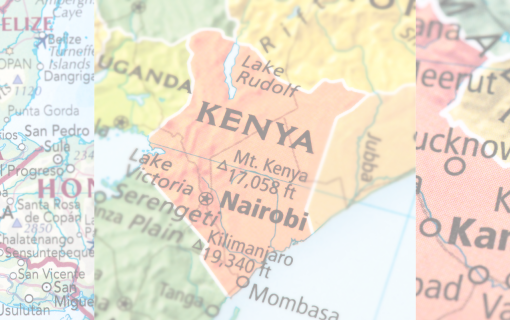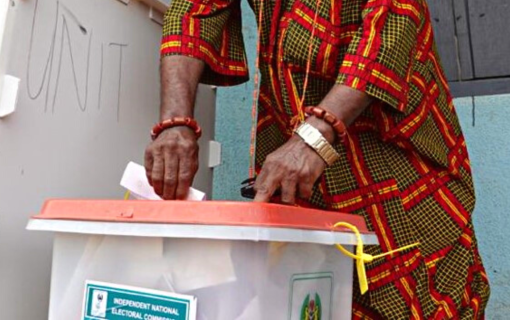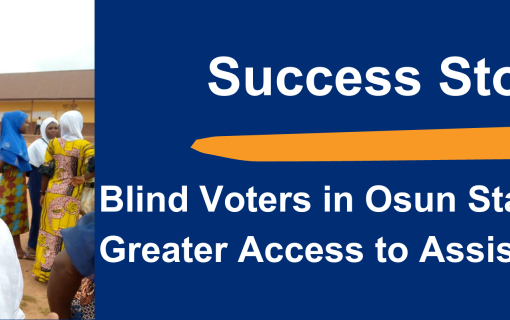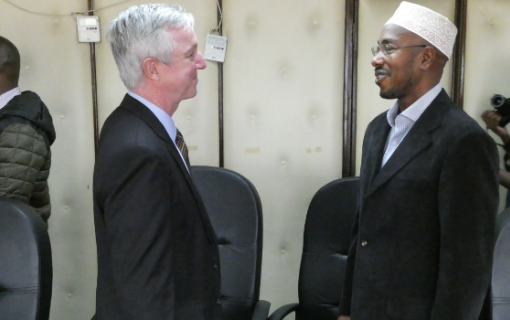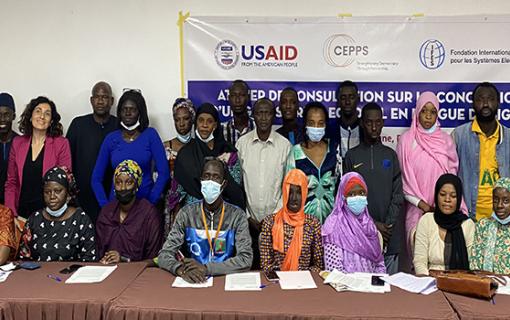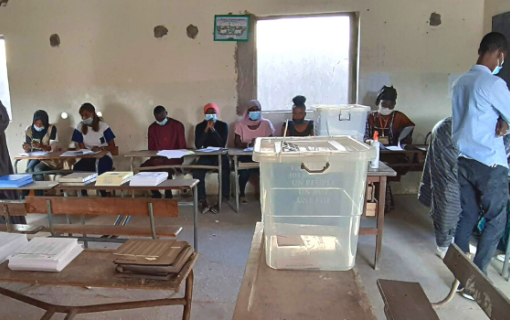Ethnic Divisions and Electoral System Design: Prospects for Reform in Kenya
Abstract
Designing an effective electoral system is vital for shaping political institutions. In emerging democracies with deep ethnic cleavages, this decision is more critical because of the potential for political instability and violence. The global trend in electoral system design is shifting away from single-member district plurality systems towards proportional representation (PR). Within the academic community, many believe PR-related systems better accommodate minority representation and thus mitigate electoral violence. In facilitating the creation of inclusive governments, these systems promote democratization in divided societies. Such reform in South Africa and Lesotho demonstrate the effectiveness of enabling minority ethnic and party representation in the political process. In light of this, Kenya would be wise to heed existing calls in the country for a shift to a mixed-member proportional electoral system.
An in-depth study of how the Kenyan election system can be reformed to diminish the effect of the country's ethnic divisions has been released today. In "Ethnic Divisions and Electoral System Design: Prospects for Reform in Kenya", Shane McGee, IFES' 2008 William and Kathy Hybl Democracy Studies Fellow, suggests that a country with deep ethnic cleavages like Kenya would greatly benefit from shifting its electoral system from a plurality to a mixed-member system.
"Because of its ability to nudge and shape power relations in government, electoral system design is particularly important in divided societies and emerging democracies," says McGee. "Kenya's current electoral system yields disproportionate national representation. When placed in the context of Kenya's ethnically divided society and political history, this can result in flawed elections, election-related violence and compromised political institutions. Kenya would therefore profit from a system that better promotes inclusivity."
In his analysis, McGee discusses the fundamental relevance of electoral systems, provides a brief description of the predominant types of systems that would be pertinent to Kenya based on its history and population, and provides the example of system-level electoral reform in South Africa and Lesotho to demonstrate the potential to mitigate issues of minority representation through an electoral system. McGee builds on this information to contend that ethnic division is a key reason for electoral dysfunction and violence in Kenya. He concludes by assessing the prospects for reforms and the barriers to reform in Kenya.
McGee recently completed an MA at the Josef Korbel School of International Studies, University of Denver.




